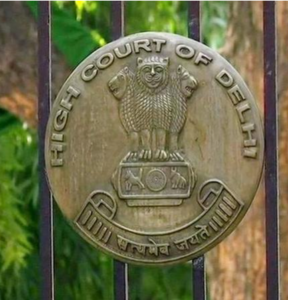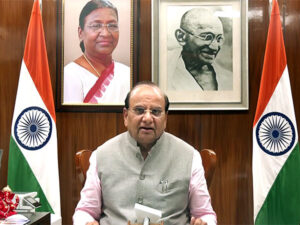Delhi Assembly likely to discuss NCT Amendment Act, 2023 today
New Delhi [India], August 18 (ANI): Delhi Legislative Assembly is likely to take up the Government of NCT of Delhi (Amendment) Act, 2023 for discussion in the second half of the session on Friday.
A Bill seeking to replace the Centre’s Ordinance over the control of Delhi services was tabled and passed in both Houses of Parliament before it became law following presidential assent.
As per the listed legislative business scheduled for Friday, MLAs of the ruling Aam Aadmi Party (AAP) — Sanjeev Jha, Bhavna Gaur, and Akhilesh Pati Tripathi — will initiate a discussion on the “Undemocratic move of the Central Government in enacting the NCT Amendment Act, 2023 with a view to curtailing the powers of the elected Delhi Government and in complete violation of the constitutional provisions and decision of the Supreme Court”.
Meanwhile, ahead of the discussion over the Delhi Services bill, AAP leader Saurabh Bhardwaj on Friday said the central government wants to control bureaucracy in the national capital and harass the people of Delhi with the help of officials while stalling all development works.
“The central government wants to control the bureaucracy of Delhi. They want to harass the people of Delhi with the help of officials and stall all development-oriented work. The sole purpose of the law is to stop pensions to the elderly, close OPD counters of government hospitals for months, stop tests at mohalla clinics and remuneration of doctors,” he said.
“Stopping funds to Delhi Jal Board so that the cleaning of the Yamuna gets stalled is also part of the wider conspiracy behind bringing this law. The conspiracy has been hatched by officials at the behest of the central government. This is why the central government wants to control the officers of Delhi,” he added.
The Parliament on August 7 passed the Bill that empowers the Lieutenant Governor to control Group A services in Delhi, including on matters relating to appointments, transfers and postings.
The Bill was passed after a division in which 131 MPs voted in favour of the legislation and 102 against it.






